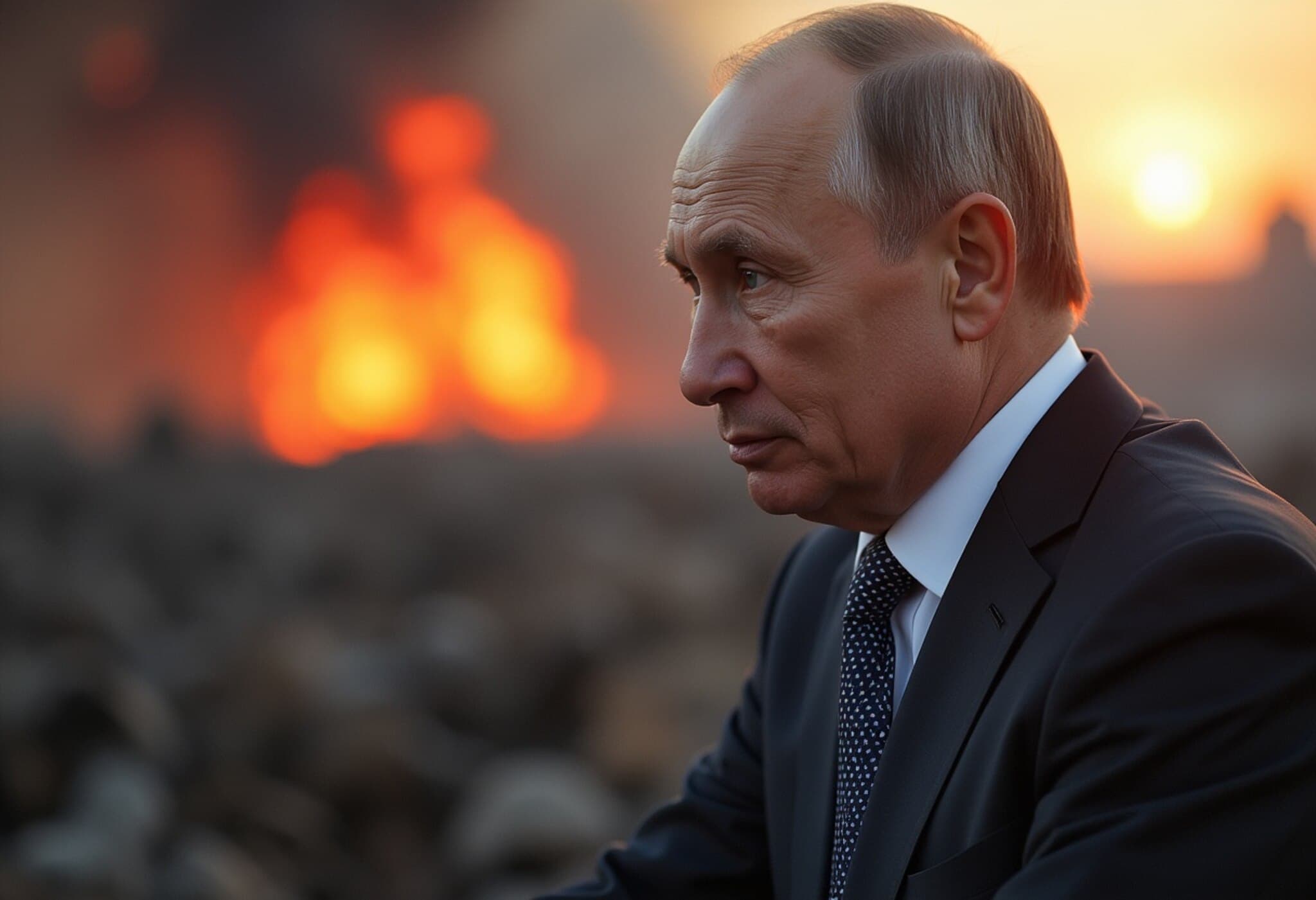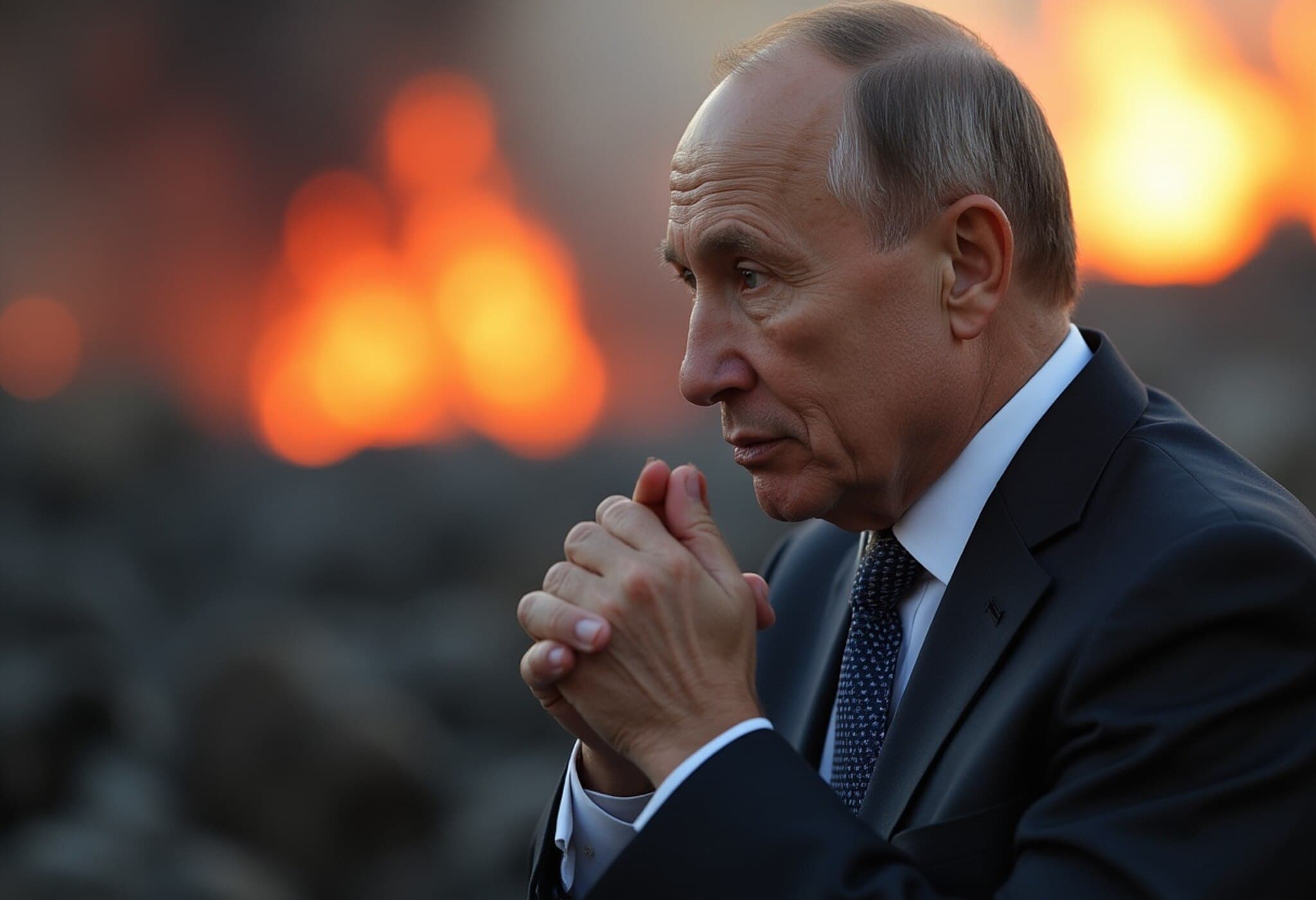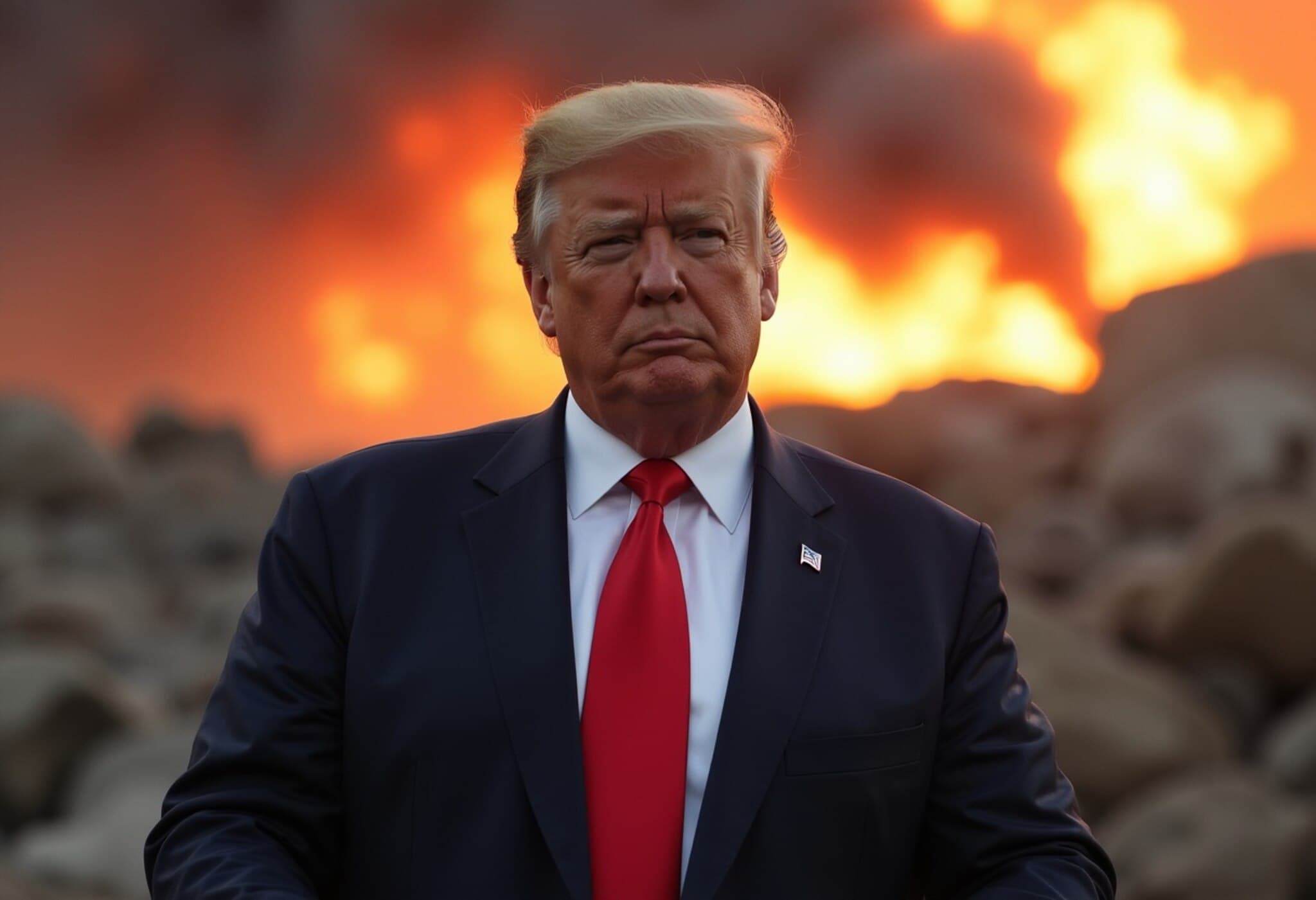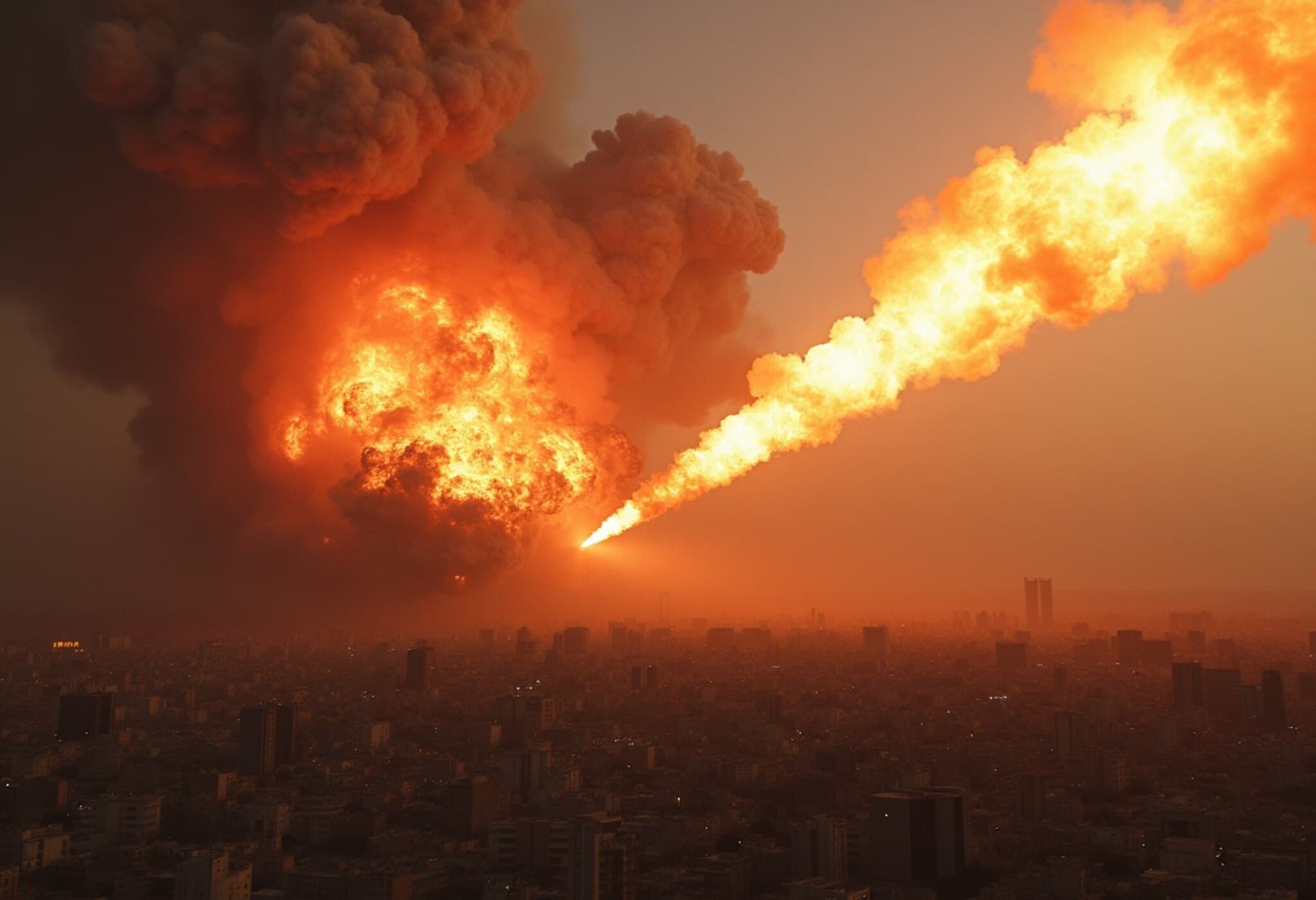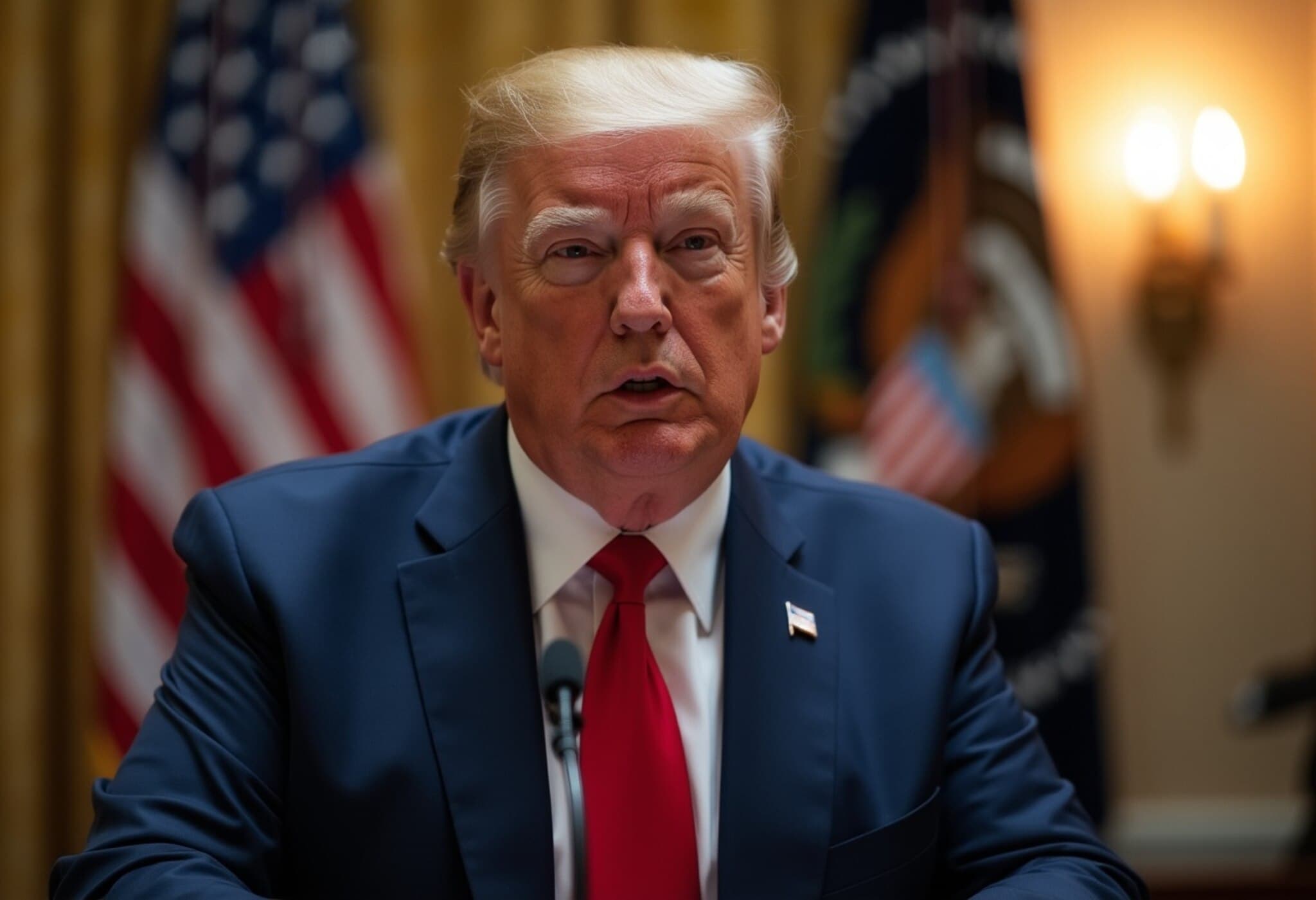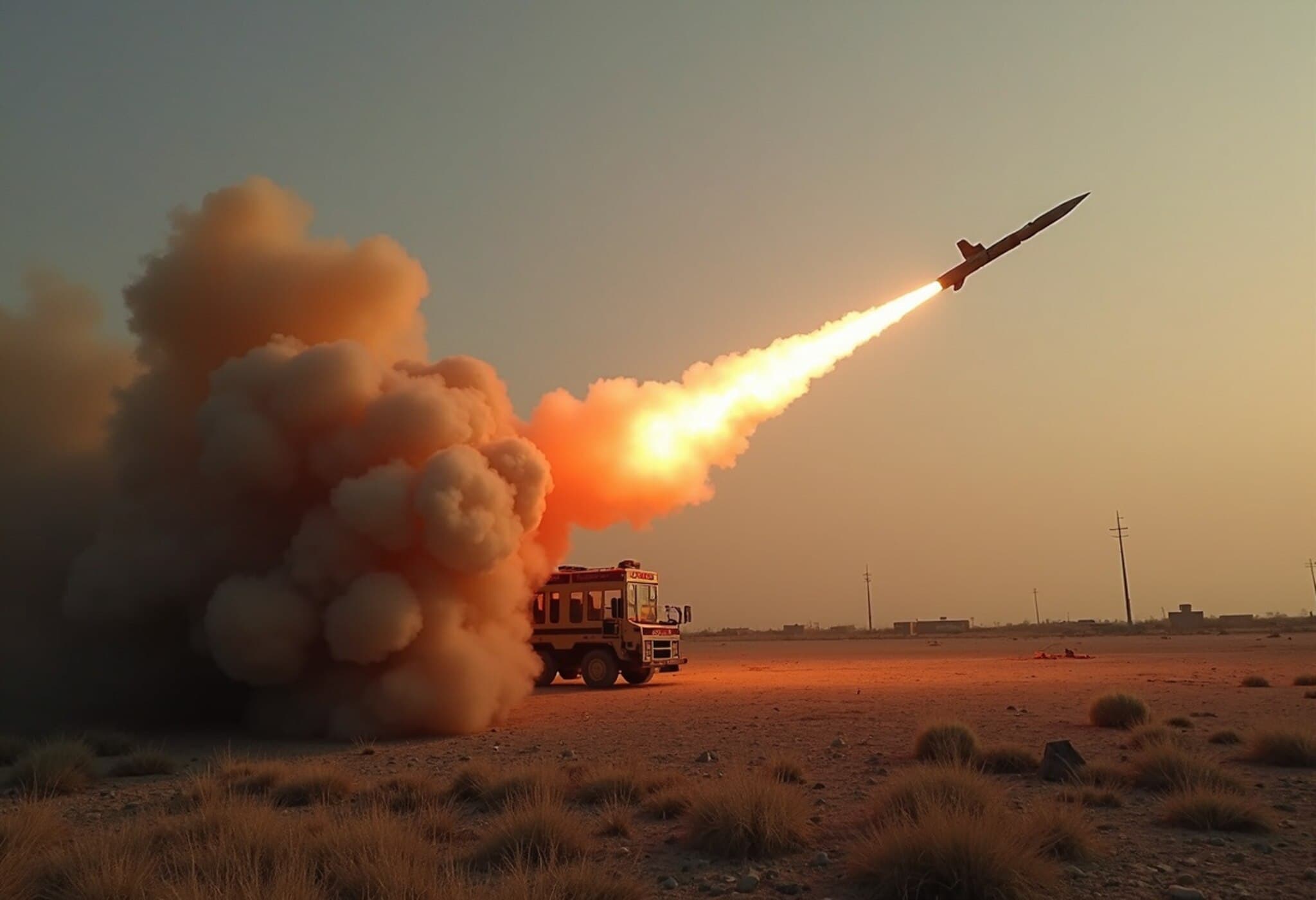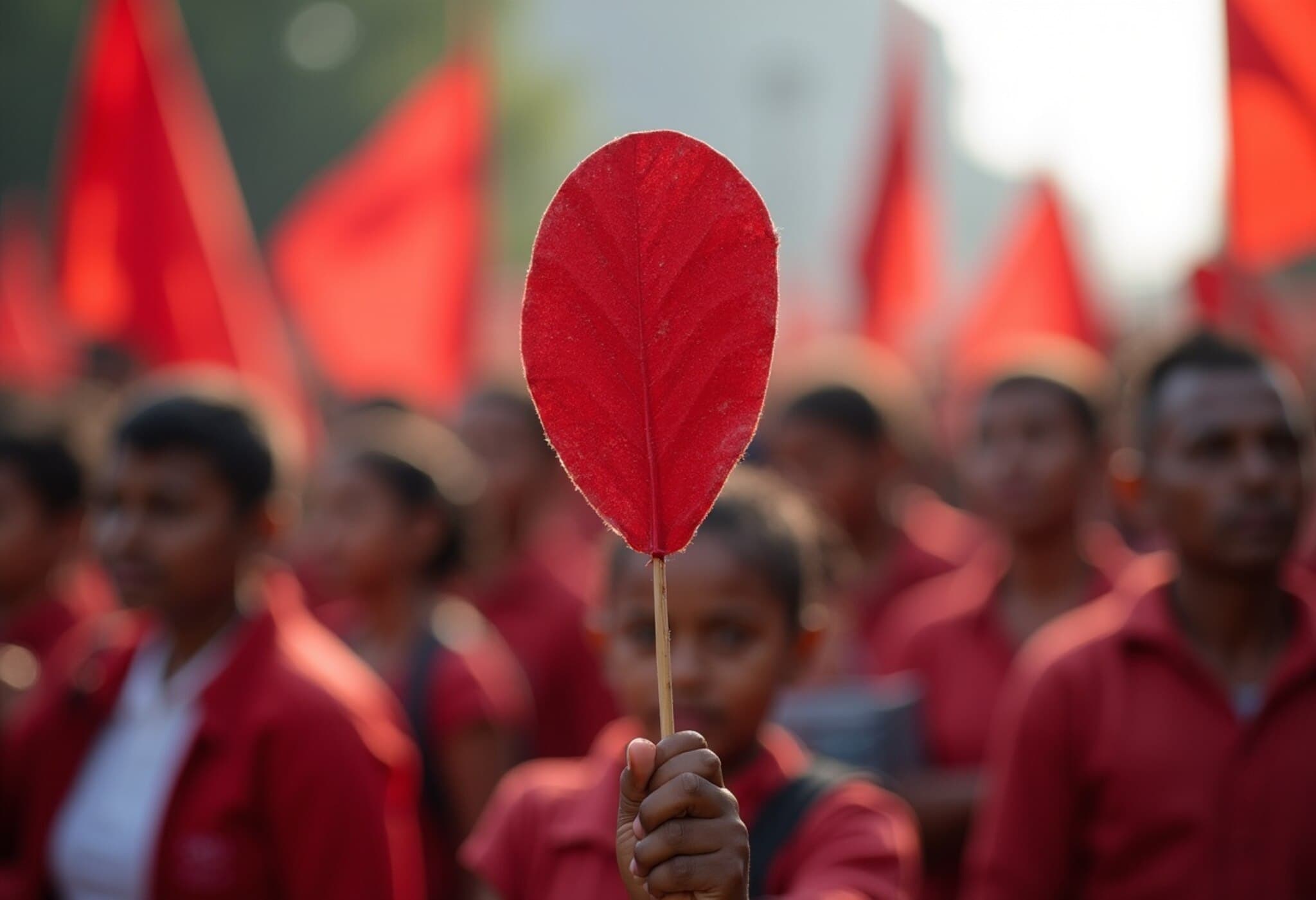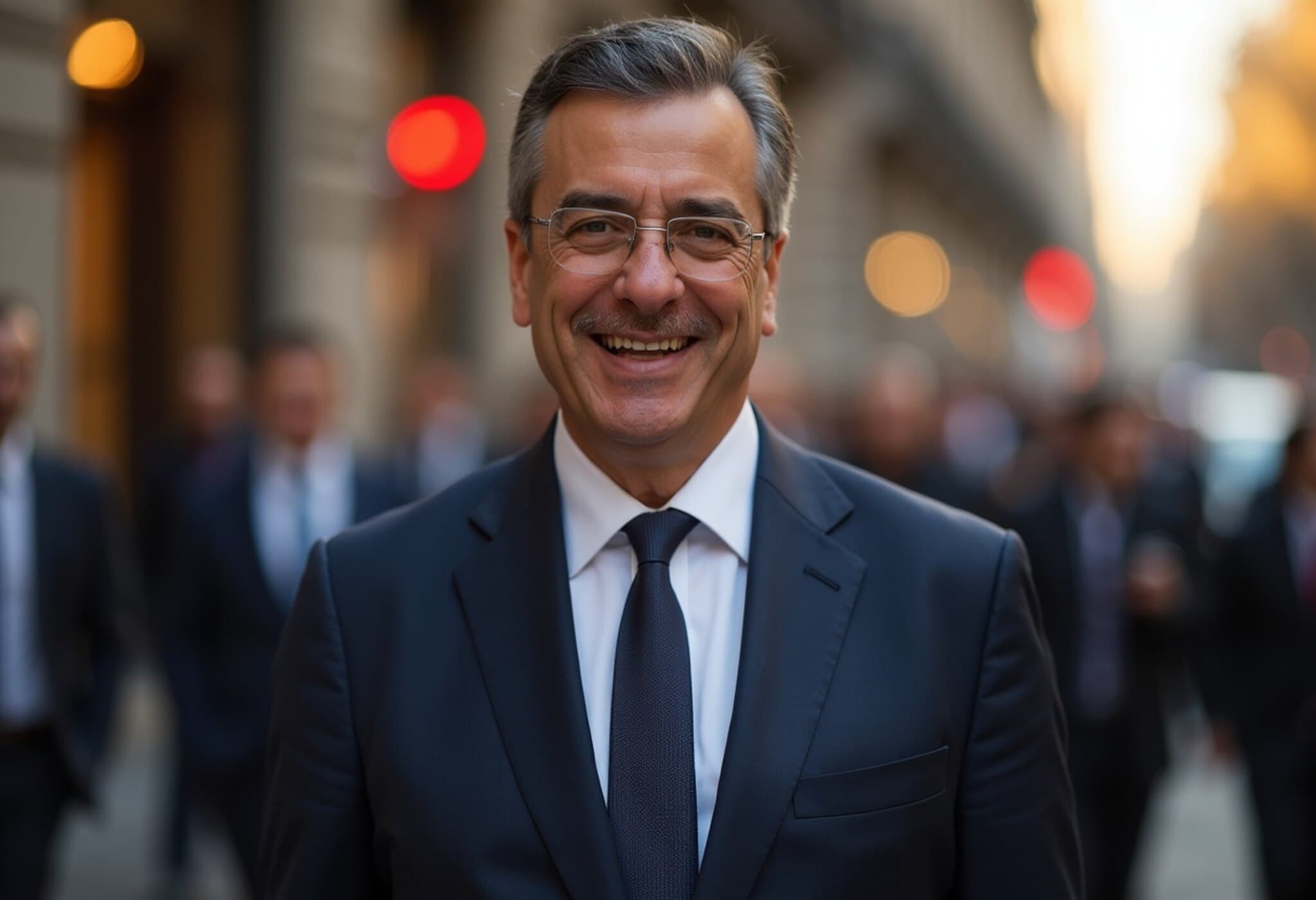Russia Cautions US Over Potential Military Involvement in Israel-Iran Conflict
As the conflict between Israel and Iran intensifies following a series of air strikes and retaliatory missile attacks, Russia has issued a strong warning to the United States against entering the fray militarily. With Moscow deeply invested in the regional dynamics through its strategic partnership with Iran, the Kremlin is urging restraint to avoid an unpredictable escalation.
Diplomatic Stance Amid Escalating Hostilities
In recent days, Israel launched unprecedented strikes inside Iranian territory, prompting Tehran to retaliate with missile and drone attacks against Israeli targets. Despite its close ties with Iran, Russia has refrained from providing direct military assistance, emphasizing a preference for diplomatic conflict resolution.
Maria Zakharova, spokeswoman for Russia’s foreign ministry, openly warned Washington about the risks of military intervention. She described such a move as "an extremely dangerous step with truly unpredictable negative consequences."
Adding to the tension, US President Donald Trump hinted at the possibility of joining Israel’s military actions against Iran, stating, "I may do it, I may not do it." This ambivalence has raised alarms in Moscow.
Putin’s Mediation Offer and Calls for Peaceful Resolution
Amid the turmoil, Russian President Vladimir Putin positioned himself as a potential mediator, condemning Israel’s strikes while clarifying that Iran has not requested Russian military support. In a televised press conference, Putin confirmed, "Our Iranian friends have not asked us about this." He also emphasized that the recent treaty between Russia and Iran is not a mutual defence pact compelling Russia to intervene militarily.
Putin’s diplomatic approach found common ground with Chinese President Xi Jinping, who jointly condemned the Israeli military operations and stressed the importance of a ceasefire. Xi underscored during talks that, "Promoting a ceasefire and cessation of hostilities is the top priority. Armed force is not the correct way to resolve international disputes."
Western Responses and Regional Implications
Despite Moscow and Beijing's calls for diplomacy, Western leaders have largely dismissed Putin’s mediation offers. President Trump reportedly responded to Putin’s proposal with skepticism, saying, "do me a favour, mediate your own."
The ongoing crisis poses significant challenges for Russia’s influence in the Middle East, especially after the recent shifts in Syria and continuing tensions around Gaza. Moscow's decision to avoid direct military involvement highlights a careful balancing act amid worsening hostilities.
Key Takeaways
- Russia warns the US against military involvement, citing unpredictable risks.
- Despite strategic ties, Russia has not provided Iran with military support post-Israeli attacks.
- Putin offers to mediate the conflict, emphasizing diplomacy over force.
- Chinese President Xi calls for an urgent ceasefire and peaceful resolution.
- Western leaders remain skeptical of Russia's mediation efforts amid escalating tensions.
As this volatile situation unfolds, the international community watches closely, hopeful for de-escalation but bracing for unforeseen consequences should the conflict widen.

